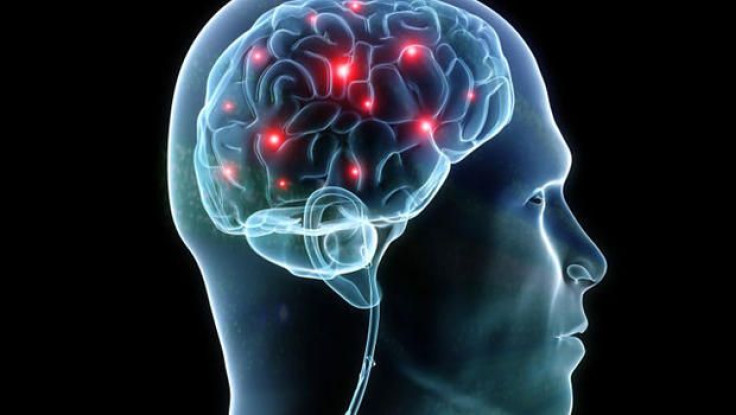Can Gut Bacteria Manipulate The Human Brain? Research Gains Momentum In US

People often reference gut feelings when explaining important decisions. Fewer allusions are made to the actual bacteria in our stomachs that may in fact influence brain function.
The link between microbiota -- the massive network of microorganisms that live in the digestive tracts of humans and other animals -- and the mind is a burgeoning science that could lead to new treatments for some mental illnesses and anxiety. A growing body of evidence supports the idea that bacteria in our guts can affect human behavior, according to the journal Nature.
Having a stomachache when stressed is an example of the brain’s influence over the body. Whether that goes both ways has been a harder question to answer, but “the field is going to another level of sophistication,” Sarkis Mazmanian, a microbiologist at the California Institute of Technology in Pasadena, told Nature.
Bacteria in the body outnumber actual cells 10 to one. Approximately 100 trillion little bugs make up the vast ecosystem of microscopic life inside the human gut. Scientists continue to explore how the bacteria in our gut can affect the brain, and the research is catching the attention of some reputable institutions. A $1 million boost this year from the U.S. National Institute of Mental Health into research aimed at understanding the gut-brain connection helped legitimize the field. “Hopefully, this will shift this image that there’s too much commercial interest and data from too few labs,” Mazmanian said.
Mazmanian and other researchers studying the effects of gut bacteria on the brain will gather in Washington, D.C., next week for a neuroscience conference titled "Gut Microbes and the Brain: Paradigm Shift in Neuroscience." They’ll share their latest findings on how bacteria in the body can influence the mind. Mazmanian will present research at the meeting that suggests probiotics that target the gut may help people with autism.
Previous studies have demonstrated the gut-brain connection in various ways. There is some evidence that gut microbes communicate with the brain by controlling the immune system or by secreting their own neurotransmitters, NPR reported last year. Other research has shown that gut bacteria may help shape the brain during adolescence and, in adulthood, influence feelings, moods and even behavior, according to research published Nov. 2013 in ScienceDirect.
Another study published last year in the journal Gastroenterology found that brain scans of women who were given probiotics showed subtle signs of reduced anxiety. A team of researchers from California, Arizona and New Mexico concluded that microbes have an effect on human eating behavior, including what we choose to eat.
© Copyright IBTimes 2024. All rights reserved.












